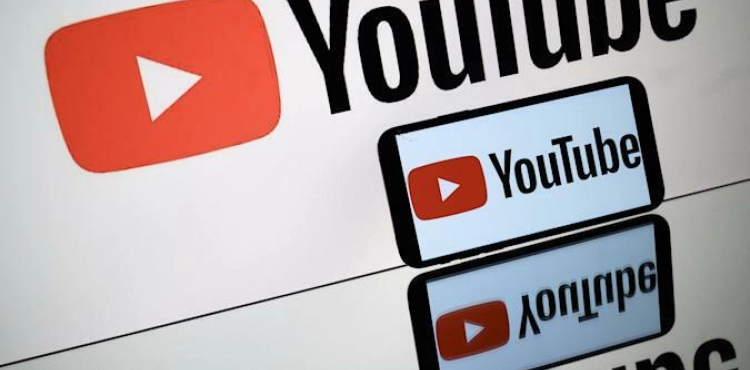YouTube pledged to remove dangerous health “advice” that it receives, in a move that did not convince misinformation specialists who denounce the lack of transparency.
A YouTube video confirms that garlic treats cancer, and another that vitamin C can replace radiation therapy. Faced with the spread of medical misinformation since the Covid-19 crisis, the site (owned by Google) began in 2022 to hunt down anti-vaccine content, then content that encourages eating disorders.
A year later, YouTube confirmed its intention to go further by cracking down on false information about cancer, noting that people who are diagnosed with it “often browse the Internet to learn about the symptoms of the disease and treatment paths, and to feel (belonging to) a group.”
The site warned that an Internet user who posts false health information will have his clip deleted, and after three attempts his channel or account will be banned, a decision that can be appealed, according to the site.
Speaking to Agence France-Presse, sociologist Laurent Cordonnier from the French Descartes Foundation, which specializes in information-related issues, said that YouTube is “only complying with its obligations!” Although the platform confirms that its project is long-term.
The expert pointed out that the European Digital Services Act entered into force on August 25, and requires large digital platforms to take measures against misinformation and illicit content.
The researcher questioned the effectiveness of the announced measures, stressing that “spreaders of misleading health information are strongly present on YouTube in French,” pointing in particular to the spread of advertisements carrying misleading information, such as those seen in the middle of summer in clips that “reject the necessity of hydrating the body during a heat wave, under the pretext that residents Desert people drink very little fluid.
“There is so much content on YouTube that it is very difficult to determine whether the quality of the information is improving or not,” said journalist Angie Holan, president of the International Fact Checking Network, of which AFP is a part.
Every minute, the site receives more than 500 hours of new material, and detecting misinformation represents a “huge technological challenge,” according to YouTube, especially since old videos must also be subject to scrutiny under the new rules.
YouTube confirmed that between January and April 2023, it deleted more than 8.7 million video clips, more than 90 percent of which were monitored by artificial intelligence.
Spanish journalist Carlos Hernandez Echevarria, from Maldeta, a fact-checking company, said: “Automatic methods fail miserably, especially when the video is not in English.” Echevarria co-wrote an open letter to YouTube on the topic in January 2022.
He also criticized the "censorship" practiced by YouTube by deleting video clips "without Internet users knowing why certain information is false," while other platforms aim to limit the widespread spread of problematic content or add context to this material.
Angie Holan, in turn, regretted the site's "lack of transparency" when it came to defining its standards.
"It's very difficult to know what YouTube is doing," said Hollan, whose network received money from Google to fight misinformation along with other fact-checking organizations, including AFP.
YouTube explains itself by explaining that it does not want to provide a detailed “notice” that would facilitate the task of Internet users who wish to circumvent its rules.
In addition to these measures, YouTube has developed new tools to highlight content published by health authorities and hospitals. In France, information is published at the bottom of video clips to help the user identify their source.
In the daily battle against misinformation in the field of health, Clément Basté, of the “L’Extracteur” group, expressed his “uncomfortability that we entrust a private company with the task of determining what can and cannot be said, and who can be trusted on complex topics.” To this limit...".
He fears that YouTube's policy, which is "undoubtedly effective in the short term," will foster conspiracy theories in the long term that will find "other platforms to express themselves."












